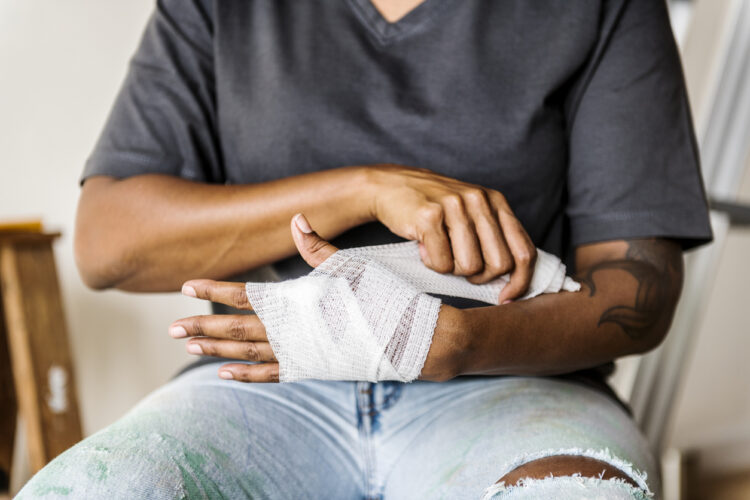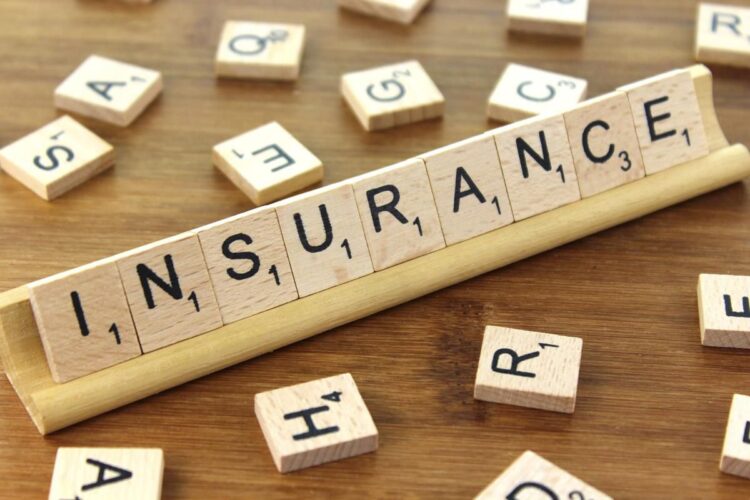What comes to mind when you think of insurance? Most people associate insurance policies with accidents, injuries, and damage or loss of property. But insurance is so much more than that. Personal and advertising policies, for instance, provide some much-needed protection to businesses and professionals.
This policy often forms part of General Liability insurance, Business insurance, and Professional Liability insurance. Insurance experts’ tips have been disclosed here.
What coverage does it afford?
In this article, we delve into Personal and advertising Injury insurance and give you the low down on this type of policy.
Page Contents
What is personal and advertising injury?
Personal and advertising injury refers to the infringement of an individual’s or a business’s rights or intellectual property. Common offenses include slander, copyright infringement, and libel.
1. Personal injury

Source: lawyer-monthly.com
Personal injury refers to offenses that violate an individual’s rights and freedoms that harm their mental and emotional well-being.
What constitutes personal injury?
- Malicious prosecution
Refers to the pursuit of civil or criminal action against an individual without probable cause. Taking legal action without reasonable cause can have a significant impact on an individual’s life, livelihood, and mental and emotional well-being.
The injured individual can sue your business. However, they have to prove that a malicious lawsuit was taken against them and later resolved in their favor.
- False arrest, false imprisonment, and detention
Suppose you run a cosmetic store and suspect a teenage girl of shoplifting. You detain her and threaten to call the police. You realize she has not stolen anything, so you let her go. The girl can file a lawsuit against your store for false imprisonment.
False imprisonment occurs when you restrict an individual’s movement without any legal authority and use force or a threat of force to make them cooperate.
A false arrest occurs when an individual is detained and denied their right to liberty without probable cause.
- Wrongful eviction or entry by a landlord
Assume you own a tenement building, are you allowed to enter a tenant’s house without permission? Not, unless you want to be sued for unlawful entry.
As a landlord or lessor, you are not allowed to invade a tenant’s privacy, interfere with their use of space, or enter their homes or offices unlawfully.
On the other hand, false evictions occur when a property owner removes a tenant from leased premises contrary to state or local eviction laws.
2. Advertising injury

Source: cloudlex.com
Advertising injury refers to any type of defamation or product that disparages a person or business.
What is advertising injury?
- Slander, libel, and product disparaging
Slander refers to the use of speech to defame an individual or business. Assume you put up an advertising video claiming that your competitors’ production methods are less superior. They can sue you for slander.
Libel refers to the use of pictures and writing to harm another person’s or business’s reputation.
Product disparaging is making false, derogatory remarks about a competitor’s products to discourage customers from purchasing them.
- Violation of privacy
Writing any material that divulges personal information or interferes with a person’s right to privacy and solitude can get you sued for the invasion of privacy.
- Infringement of copyright and wrongful use of advertisement ideas
Copyright gives content creators the exclusive rights to reproduce their content. Unless you have permission from the copyright holder, you cannot reproduce, display, distribute, or use copyrighted work.
Note that you are only covered for personal and advertising injury if your infringement happens through advertising.
What does Personal and Advertising Injury insurance cover?

Source: thexplorion.com
Without proper insurance, you stand to lose thousands of dollars in court proceedings and settlements. Personal and Advertising insurance covers all lawsuit related costs up to a limit. Your business will have to pay any additional costs above the limit.
The policy covers the cost of:
- Legal fees,
- Court expenses such as judgment costs and witness costs
- All settlement costs
- You can protect your business from lawsuits by:
- Asking customers for permission before using their pictures.
- Avoiding speaking ill about your competitors
- Checking for copyright before using slogans and images.
- Letting customers know how you plan to use their photographs.
What is General Liability coverage for?

Source: embroker.com
With General Liability insurance you will be covered in case of property damage, medical costs due to bodily injury, and electronic data liability. Slander and libel are generally covered by this policy as well, and you can use your insurance protection to pay for settlements and legal fees if your business is sued.
Who benefits most from General Liability coverage?
General Liability covers the business owner, its employees, and subcontractors from any third-party claims. Anyone who is employed by your company will be covered from any third-party claims.
Note: General Liability policy does not cover employee injuries; there is a separate policy that will cover for this type of work-related incidents and that is the Workers’ Compensation insurance.
It pays to be insured
Personal and advertising injury can happen to anyone. Investing in Personal and Advertising Injury insurance affords you protection from lawsuits that might not be apparent at first glance. Remember, not all injuries have to be physical in nature. Having the right insurance plan in place is the perfect solution to this issue. General Liability Insurance and Personal and Advertising Injury insurance for businesses as one of your top choices.





